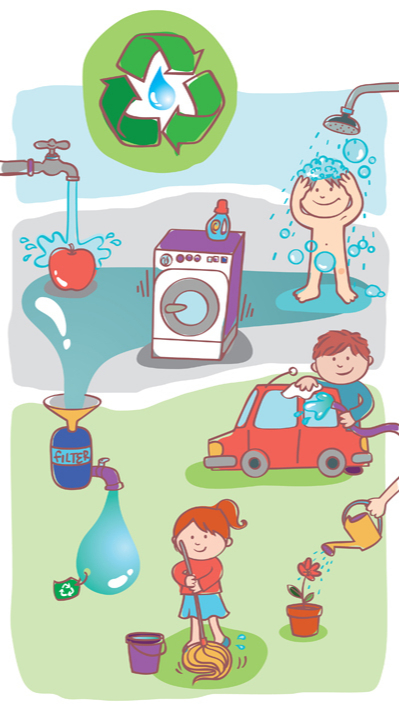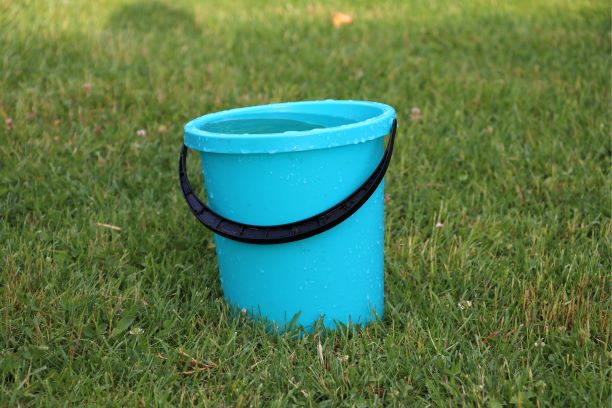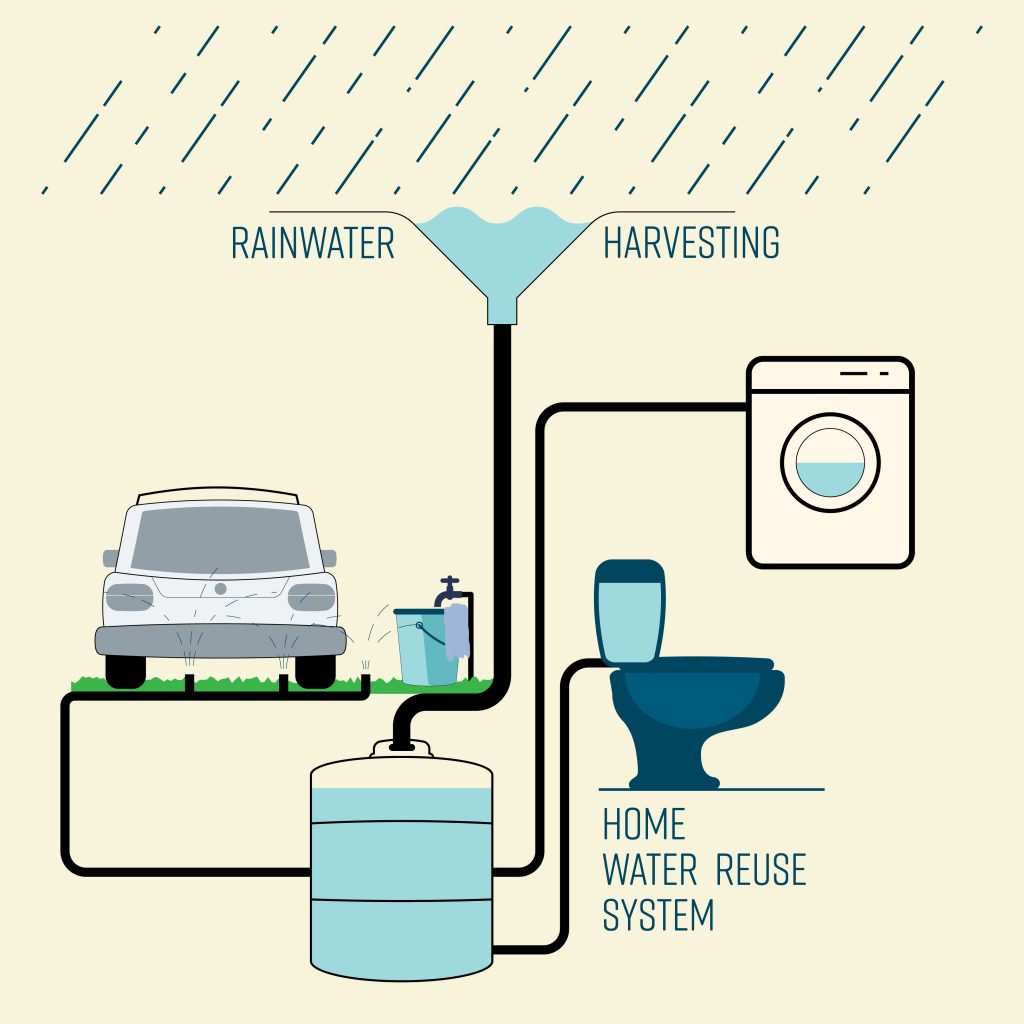Watering After Mowing – Yes or No?
Should you water your lawn after mowing? This is a question that has been asked by many homeowners. Some say irrigating a lawn after you’ve mown it is a good idea, while ...

 Grey Water is a very viable alternate to watering your lawn during summer or more importantly water restrictions.
Grey Water is a very viable alternate to watering your lawn during summer or more importantly water restrictions.
Your Grey Water consists of wastewater from your showers, baths, spas, hand basins, laundry tubs, washing machines, dishwashers and kitchen sinks.
Grey Water DOES NOT include the water from your toilet.
Instead of letting your Grey Water go down the drain into the sewer system, it can be captured easily by a bucket and used in certain circumstances outside your home – such as on your lawn.
Before you start to use your Grey Water, it is important to note that different states have different rules regarding the use of Grey and Recycled Water – be sure to check these first.
If using washing machine water, avoid water containing fabric softener. It is recommended that you use detergents that are low in phosphorous. Always check detergent’s label before use.
If watering your lawn with Grey Water it is best to water a different section each time – this will ensure an even delivery of water across the lawn.
You can divert Grey Water in three ways:
 Manual bucketing is the cheapest way of using Grey Water.
Manual bucketing is the cheapest way of using Grey Water.
It means collecting the Grey Water in a bucket from your washing machine or shower and using it to water your lawn.
You don’t need permission to do this, but don’t store or keep the collected Grey Water for more than one day to avoid the risk of spills and bad odours.
To prevent Grey Water running into neighbouring properties, don’t use this method when it’s raining or when the soil is already saturated.
A Grey Water diversion device is a simple system that diverts Grey Water to a small holding tank and then to an irrigation system that is below the soil surface.
These systems should be self-draining so that Grey Water isn’t stored for more than a day.
The simple system also has a valve to make it is easy to divert your Grey Water directly to the sewer when it is raining or when the soil is saturated.
There are many such systems on the market so shop around for the system that best suits your needs. Consider cost, durability, ease of use, ease of installation and maintenance.
Many Councils have suggestion on their website about different Grey Water diversion devices.
 Grey Water treatment systems mean you can use all the Grey Water your home generates regardless of the weather.
Grey Water treatment systems mean you can use all the Grey Water your home generates regardless of the weather.
After the Grey Water has been treated it is clean enough to be stored.
Treated Grey Water should be almost colourless and it should not have a bad odour however it is not safe to drink.
Installing a treated Grey Water is obviously a huge undertaking but does have ongoing benefits which outway the cost.
You can use treated Grey Water to:
When choosing a treatment system, it must be certified under an Australian Standard. Your local council will then approve the use of a system for your home.
The EnvironmentaProtection Agency (EPA) has a list of certified treatment systems to help you choose the right one.
If you are operating a business at home and generating more than 5000 litres a day of wastewater, you need to apply to your relevant state EPA to operate a wastewater treatment system.
Finally, keep an eye on how your lawn reacts when you start using Grey Water, and consult your local garden centre if you notice any changes
.